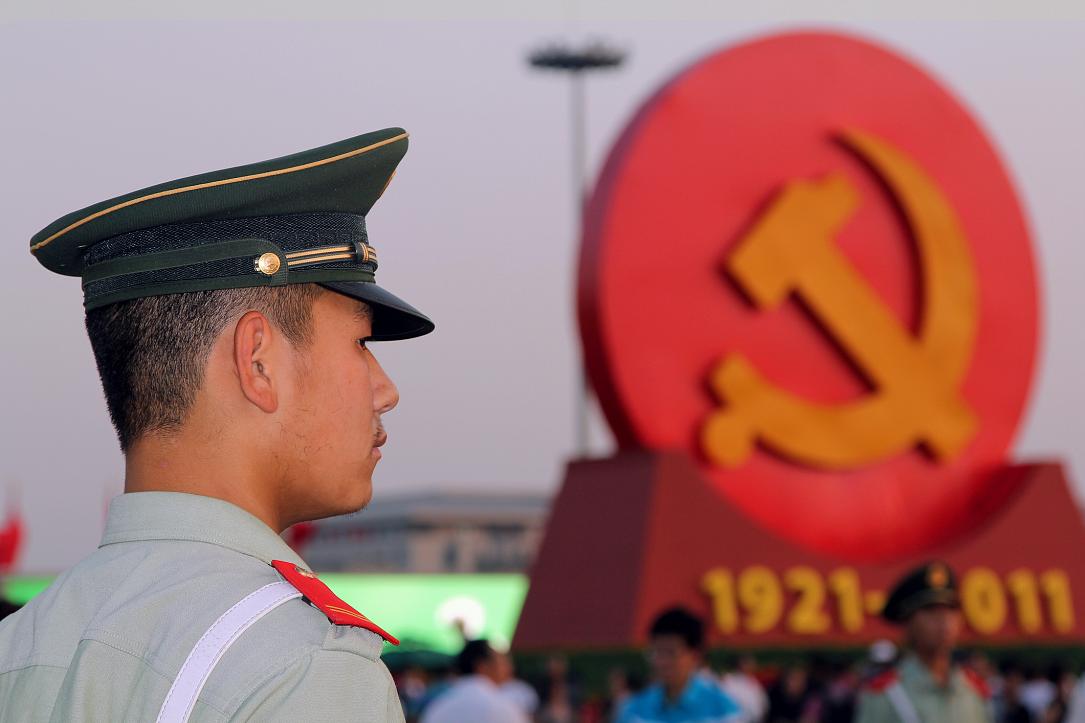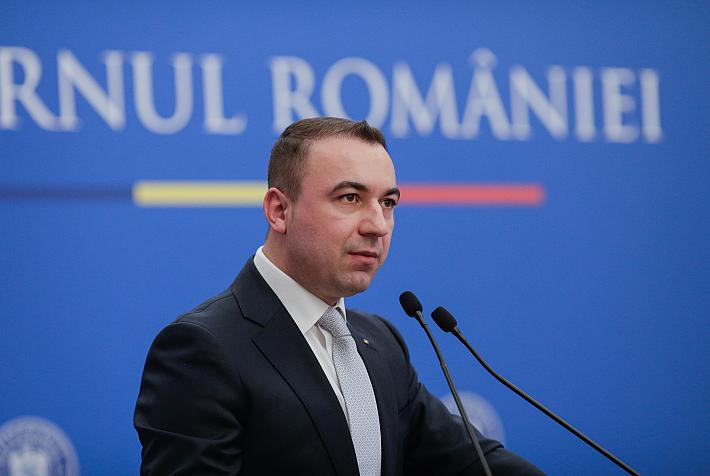Ministry denies claims of Romania hosting clandestine Chinese police station

Romania’s Interior Ministry (MAI denied claims recently forwarded by a human rights NGO that a clandestine Chinese police station is active on Romanian soil, as in many other countries.
In January 2022, the Spain-based human rights NGO Safeguard Defenders published a report titled Involuntary Returns documenting China’s methods to harass, threaten, intimidate and force targets to return to China for persecution. The report prompted investigations by law enforcement agencies in 12 countries. A subsequent investigation counted 110 clandestine police stations functioning outside of China.
On December 5, the NGO published its latest follow-up investigation, giving further evidence of at least 102 “Chinese Overseas Police Service Centers” in 53 countries around the world. The report also “documents the (silent) complicity of a number of host countries, instilling a further sense of fear into targeted communities and severely undermining the international rules-based order.”
Romania features on the NGO's list as hosting a station operated by the Nantong police jurisdiction in China. The authors of the report highlight that the Nantong police started setting up such stations and sub-centers in 2017 in countries around the world, Romania included, with the occasion of China’s Belt and Road Initiative, a gigantic infrastructure project linking China to its markets globally. These stations were meant to crack down on “overseas criminals” and operate “where overseas Chinese businessmen are relatively concentrated.”
The report goes into detail, revealing that the Nantong Overseas and Domestic Police Linkage Service Center - with the support of the Public Security International Cooperation Department – signed a bilateral police cooperation memorandum with the police department of Dobroesti in Romania.
“110 clandestine police stations of the People’s Republic of China on the territory of other countries. 50 such sections in EU countries, including Romania,” said opposition MP Cătălin Teniță, copresident of the Romanian branch of the Inter-Parliamentary Alliance on China (IPAC) in a Facebook post. “Such practices defy both international law and the sovereignty of the host states, being outside the legal framework regarding bilateral police and judicial cooperation,” he added, before asking Romania’s Interior Ministry to provide further clarifications. Teniță also asked the Chinese embassy in Bucharest to provide its own clarifications.
In response, MAI issued a statement arguing that “there is no agreement signed with the authorities of the People's Republic of China to allow the establishment of such entities at the level of the Ministry of Internal Affairs. All existing bilateral cooperation documents in the MAI's field of competence, regardless of the state with which they were signed, comply with the internal Romanian and international legislation.”
The institution also gave assurances that it is “constantly” on watch so that “no activities are carried out that would harm national security, public order, and citizens' rights.”
(Photo source: Katoosha | Dreamstime.com)













